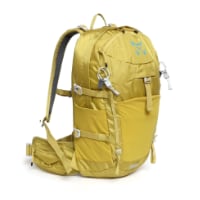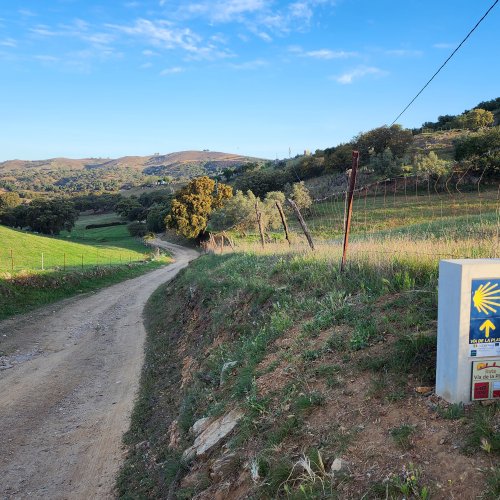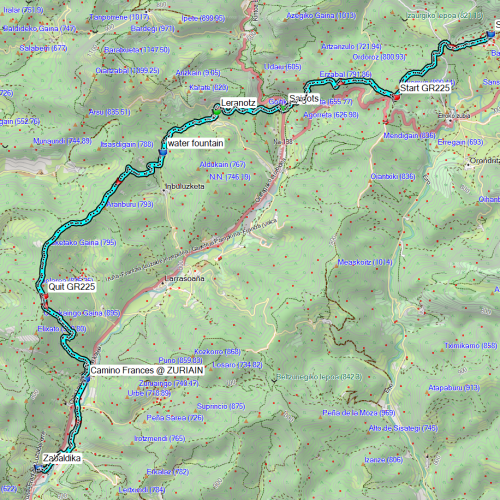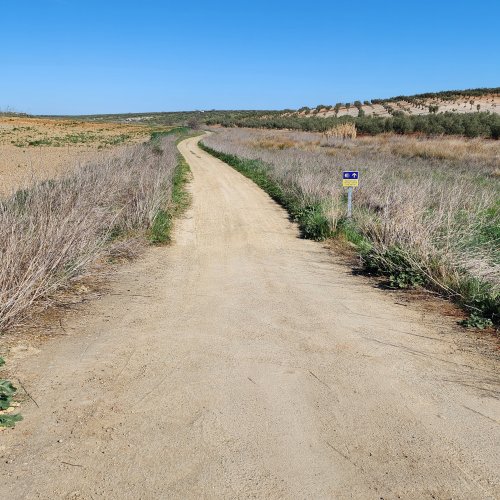Nancy, it sounds like you have a sensible approach, mixing altitudes and distances and carrying your pack. Walking mechanics are different with the pack than without it, and it's important to acclimate your body if you don't regularly walk around with an extra 14 pounds throwing off your center of gravity, stressing tendons and muscles in a different way, etc.
You are not only training and hardening your body, your training should also be preparing you mentally. You don't have to walk long distances each day, but getting out early and doing an hour's walk disciplines your mind to getting started as you will every day on your camino. . . . Personally, I aim to walk every day.
I agree with Doug and Margaret Meredith. The key <my opinion> is to build a solid base with
daily walking of shorter distances rather than a long distance day followed by one or two rest days. You'll be walking on the Camino daily, which means walking through the previous day's impact. Once the body and mind get into a daily sync of recovery and walking, I think its easier and faster to increase the size of your base.
Because I hadn't trained for day after day, by the third day my legs were screaming at me. My body and mind were used to a rest day (or several) after each big walk. I cooked my own meal than night, which included about 24 oz. of chicken; while that may sound obscene, my body was ravenous for protein, and it did jump start and accelerate the muscle repair process. By two weeks in, I had largely adapted to the "daily grind" but it sure would have been easier if I had already had the base in the first place and only needed to grow the daily distance.
I try to build up to the point where one of my weekend walks is around the distance of the longest distance I will do in the first week or so. If you plan to walk from SJPP to Roncesvelles in one day, you probably want to add a few km a week to your longer walk until you go, till you get to around 30km (18mi) about once a week.
I made the mistake of training more for intensity than for endurance and distance. My intensity training (weekend up/downs in the Colorado foothills) stood me in good stead up through and past Orisson, but I ran out of energy because I hadn't factored in the sheer length of that day. I had wrongly trained for a sprint than for a marathon, and the impact of that multiplied itself in the following days because my body wasn't conditioned to daily walking. That being said, my body did adapt, and I made concessions for the body with extra protein and a relaxed pace, and I finished the Camino with roughly 20 mile days that final week and 27 miles on the last day in to Santiago (and I had oodles and oodles of energy left over).
I think the fact that you have 70 days is a huge benefit for the early stages. You might consider stopping at Orisson (or Valcarlos) rather than going all the way to Roncesvalles in the first day. Then, go from Roncesvalles to Viskarret, then from there to Zubiri, then to Arre. This gets you to Pamplona in roughly six days instead of the usual three. It also allows you to see more of these early stages, explore more during the day, etc.












